Millions of people are experiencing triple-digit temperatures and heat index values across the country. This extreme hot and humid weather makes it more challenging for the body to cool itself, leading to various heat-related illnesses.
Heat cramps, heat exhaustion and heat stroke are progressive illnesses that must be recognized early to prevent an emergency. However, these heat-related illnesses are often preventable.
Here are some safety tips for triple-digit temperatures based on information provided by the National Weather Service.
Tips for parents and caregivers
Infants and young children aren’t as efficient at adapting to heat, so their bodies warm at a faster rate than adults. Depending on their age, they also won’t be able to explicitly tell you that they’re thirsty or hot.
Protect young children from extreme heat by:
-
Keeping them hydrated with plenty of water (breastmilk or formula for children under six months). Make sure fluids aren’t very cold or high in sugar or sweetener content.
-
Finding an air-conditioned room during heat waves. Consider visiting a shopping mall, public library or heat-relief shelter if you don’t have access to air conditioning in your home.
-
Dressing kids in light-colored and lightweight clothing to reflect heat and sunlight.
-
Taking lots of breaks while playing inside and outside.
Additionally, you should never leave a child unattended in a vehicle. This rule applies even if the windows are down or even if it’s “just for a minute”.
Tips for outdoor activities
If you’re engaging in outdoor activities during extreme temperatures, be sure to keep these safety tips in mind.
-
Limit outdoor activities to cooler parts of the day.
-
Even if you don’t feel thirsty, drink plenty of water or other fluids. Avoid alcohol and caffeinated fluids.
-
Minimize direct exposure to the sun by wearing sunscreen, sunglasses and a hat. Wear loose fitting, light-colored clothing.
If you work outside or in a hot indoor environment, get acclimated to the heat by gradually increasing your workload and rotating tasks to minimize heat exposure.
Check on vulnerable individuals
Some people are more susceptible to heat-related illness, such as older adults. If you’re able to, make it a priority to check on your older or sick family, friends and neighbors.
Volunteer to bring water and easy-to-digest foods (e.g. fruits or salads). Offer to open your home or transport others to a location with adequate air conditioning. Remind your community of the risks of heat-related illnesses, including signs and symptoms to be on the lookout for.
To get training for heat-related illnesses and other medical emergencies, contact your local HSI Training Center today!







.png?width=600&name=HSI-CTA-EmergencyCareTraining%20(1).png)











Comments